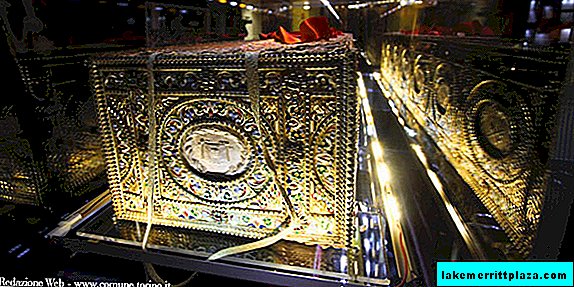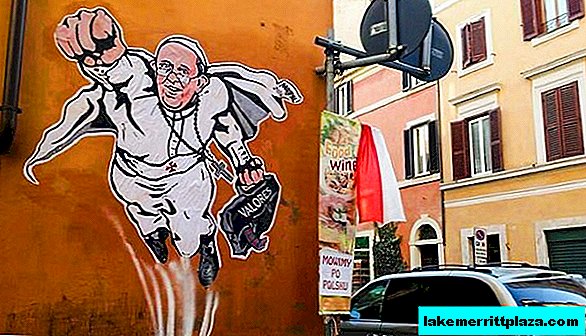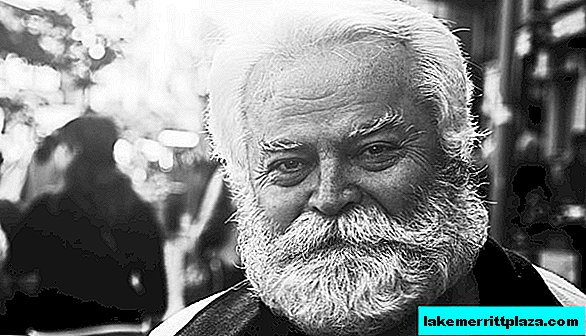500 thousand people took to the square: the government house under siege.
Here is what the publication Ilsole24ore writes: “Back to 23 years ago: December 2, 1991 Mikhail Gorbachev sent a congratulatory telegram to the President of Ukraine Leonid Kravchuk, in which he expressed hope for close cooperation between Russia and Ukraine in the framework of the Commonwealth of Independent States. The day before, at a general referendum, 92% of the country's citizens voted to proclaim the independence of the Ukrainian SSR, which was carried out by the Verkhovna Rada on August 24 of that year.
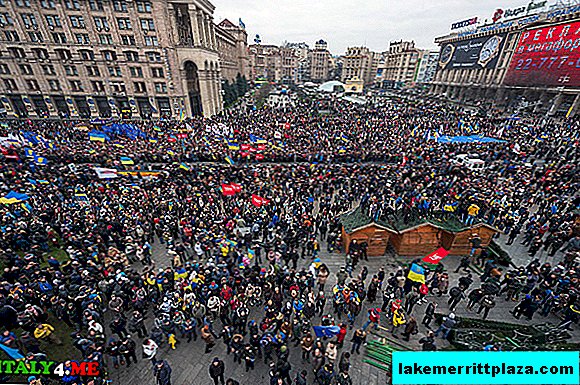
Kiev celebrated the anniversary of the commemorative referendum with a real battle: the largest protest demonstration since the 2004 Orange Revolution. Today, as then, the reason for the split among Ukrainians was relations with Moscow: while tens of thousands of people took to the streets of Kiev with the flags of the European Union, Russia made it clear that if instead of joining the European Union, President Viktor Yanukovych would sign an accession agreement to the Unified Customs Union of Russia, Belarus and Kazakhstan, Moscow will provide Ukraine with gas at a low price in compensation. “No one, except Russia, will be able to offer Ukraine the funds it needs in a short time and in such volumes,” Russian Deputy Prime Minister Igor Shuvalov made clear in an interview with Bloomberg.
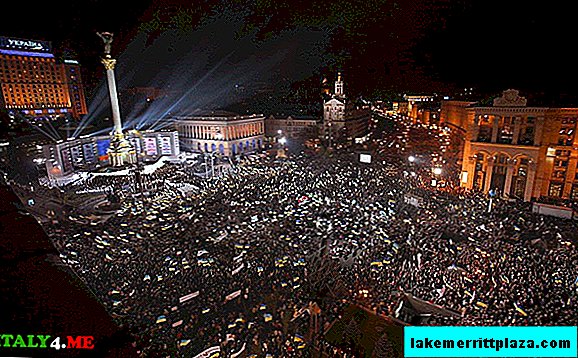
The state budget was determined by the choice of Yanukovych, who froze last week a preliminary agreement on accession to the EU. However, hundreds of thousands of people - half a million, according to the opposition - took to the streets of Kiev on Sunday, demanding the resignation of the president. “He broke our dream,” exclaimed Vitali Klitschko, the leader of the pro-European party, striving to defeat Yanukovych not in the ring, but in the 2015 elections. Another opposition leader, Arseniy Yatsenyuk from the party of Yulia Tymoshenko, called for the dissolution of the government and the application of international sanctions directly to Yanukovych.
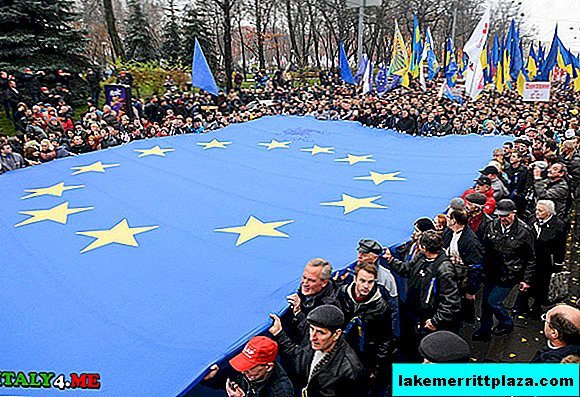
"Euromaidan" - Ukrainians gave such a name to this pro-European movement. "Maidan" means "square", and it was here, on Independence Square in the heart of Kiev, back in 1991 that people celebrated separation from Moscow. Now thousands of people on a vast area continue to occupy the city administration building. They want to stay there until they achieve the resignation of the government and the president, but the current situation seems rather uncertain. There is no unity among the demonstrators themselves, as was the case during the Orange Revolution, when people rallied around ex-president Viktor Yushchenko and Yulia Tymoshenko.
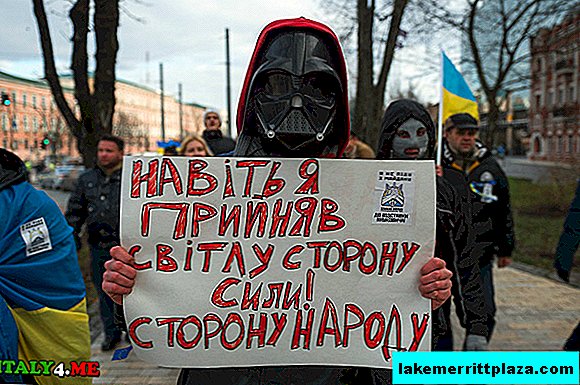
Another danger comes from extremist groups that clashed on Sunday with the Berkut militia special forces: the demonstration was banned at the last moment, and the police used tear gas and noise grenades to disperse it. In turn, the demonstrators attacked with the help of an excavator: according to official figures, one hundred employees of law enforcement agencies were injured. Opposition leaders have declared extremist groups provocateurs, bribed by Yanukovych to ensure the legality of repression and the announcement of an emergency. “The authorities are looking for a way to drown our peaceful demonstration in the blood,” Klitschko commented. ”
According to the newspaper: //www.ilsole24ore.com


